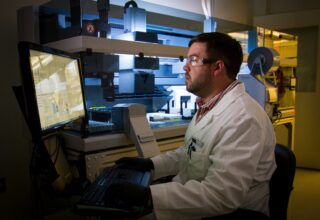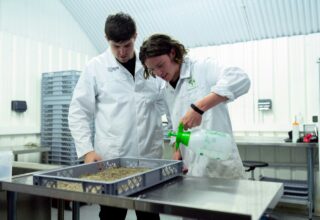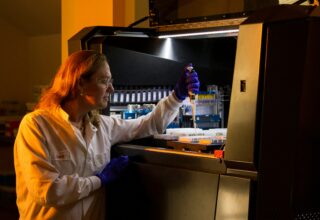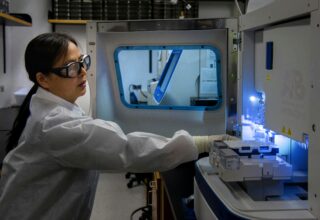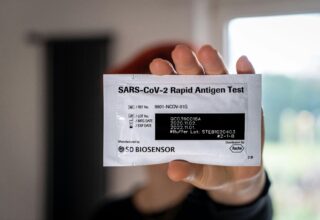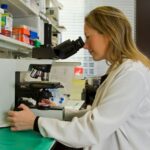By becoming a member of our site, you can add the content you like to your favorites, and present the content you have produced or liked on the internet to our site visitors with the send content option.
Zaten bir üyeliğiniz mevcut mu ? Giriş yapın
By becoming a member of our site, you can add the content you like to your favorites, and present the content you have produced or liked on the internet to our site visitors with the send content option.
You Can Benefit from All Options Exclusive to Our Members by Registering

Next Content:
Eco-Anxiety Era: Coping with Climate-Induced Stress
- Home Page
- #bioengineering
- DIY Biology: Empowering Citizen Scientists in Genetic Engineering
DIY Biology: Empowering Citizen Scientists in Genetic Engineering
In recent years, a growing movement known as DIY biology has emerged, empowering individuals outside traditional scientific institutions to explore and experiment with genetic engineering. This grassroots approach to biology democratizes access to scientific tools and knowledge, enabling citizen scientists to participate in cutting-edge research and innovation. This article explores the principles of DIY biology, its implications for genetic engineering, and the potential benefits and risks associated with this burgeoning movement.
Understanding DIY Biology
DIY biology, also known as biohacking or citizen science, encompasses a range of activities where individuals, often with diverse backgrounds and expertise, engage in biological experimentation outside of traditional laboratory settings. This movement is driven by a desire to democratize science, promote hands-on learning, and foster innovation in biotechnology.
The Rise of Citizen Scientists
Advancements in biotechnology, coupled with the availability of affordable laboratory equipment and open-source resources, have empowered individuals to explore genetic engineering in their homes, community labs, and maker spaces. Citizen scientists are driven by curiosity, a passion for discovery, and a desire to contribute to scientific knowledge and innovation.
Tools and Techniques
DIY biologists utilize a variety of tools and techniques to conduct genetic engineering experiments. This may include PCR (polymerase chain reaction) machines for DNA amplification, gel electrophoresis for DNA analysis, CRISPR-Cas9 gene editing kits, and bacterial transformation protocols. Open-source software and online communities provide additional support and resources for DIY biologists.
Applications and Projects
Citizen scientists engage in a wide range of projects, from bio-art and environmental monitoring to synthetic biology and medical research. DIY biology has the potential to accelerate innovation in fields such as agriculture, healthcare, and biomanufacturing, while also raising important ethical and safety considerations.
Benefits of DIY Biology
- Accessibility: DIY biology makes science more accessible to individuals from diverse backgrounds, including hobbyists, students, and enthusiasts.
- Innovation: Citizen scientists bring fresh perspectives and creative approaches to scientific research, leading to novel discoveries and breakthroughs.
- Education: Hands-on experimentation fosters experiential learning and promotes scientific literacy among participants of all ages.
- Community Building: DIY biology fosters a sense of community and collaboration among citizen scientists, who share knowledge, resources, and expertise.
Risks and Ethical Considerations
- Safety: DIY biology raises concerns about biosafety and biosecurity, particularly regarding the potential release of genetically modified organisms (GMOs) into the environment.
- Regulation: The regulatory landscape for DIY biology is complex and varies by jurisdiction, raising questions about oversight and accountability.
- Ethical Use: DIY biologists must consider the ethical implications of their research, including issues of consent, equity, and potential unintended consequences.
DIY biology has the potential to democratize science, empower citizen scientists, and drive innovation in genetic engineering and biotechnology. By embracing principles of openness, collaboration, and responsible conduct, DIY biologists can harness the power of genetic engineering to address real-world challenges while navigating the ethical and safety considerations inherent in this emerging field.
We offer our respects and wish you a good reading. – Who Learns What? Team!
Dont forget the comment here mate! 🙂 you can connect us!
- On-Site Comments














